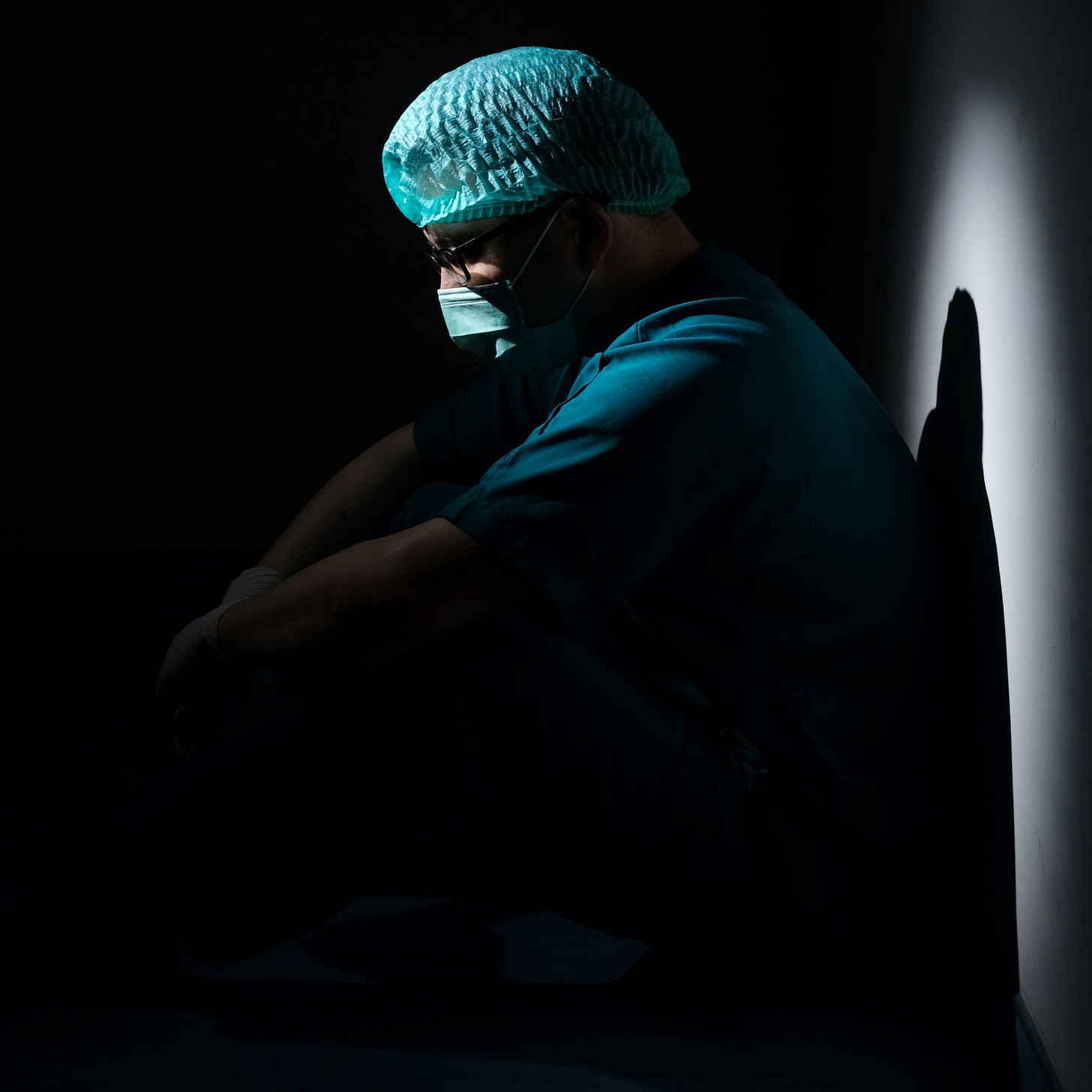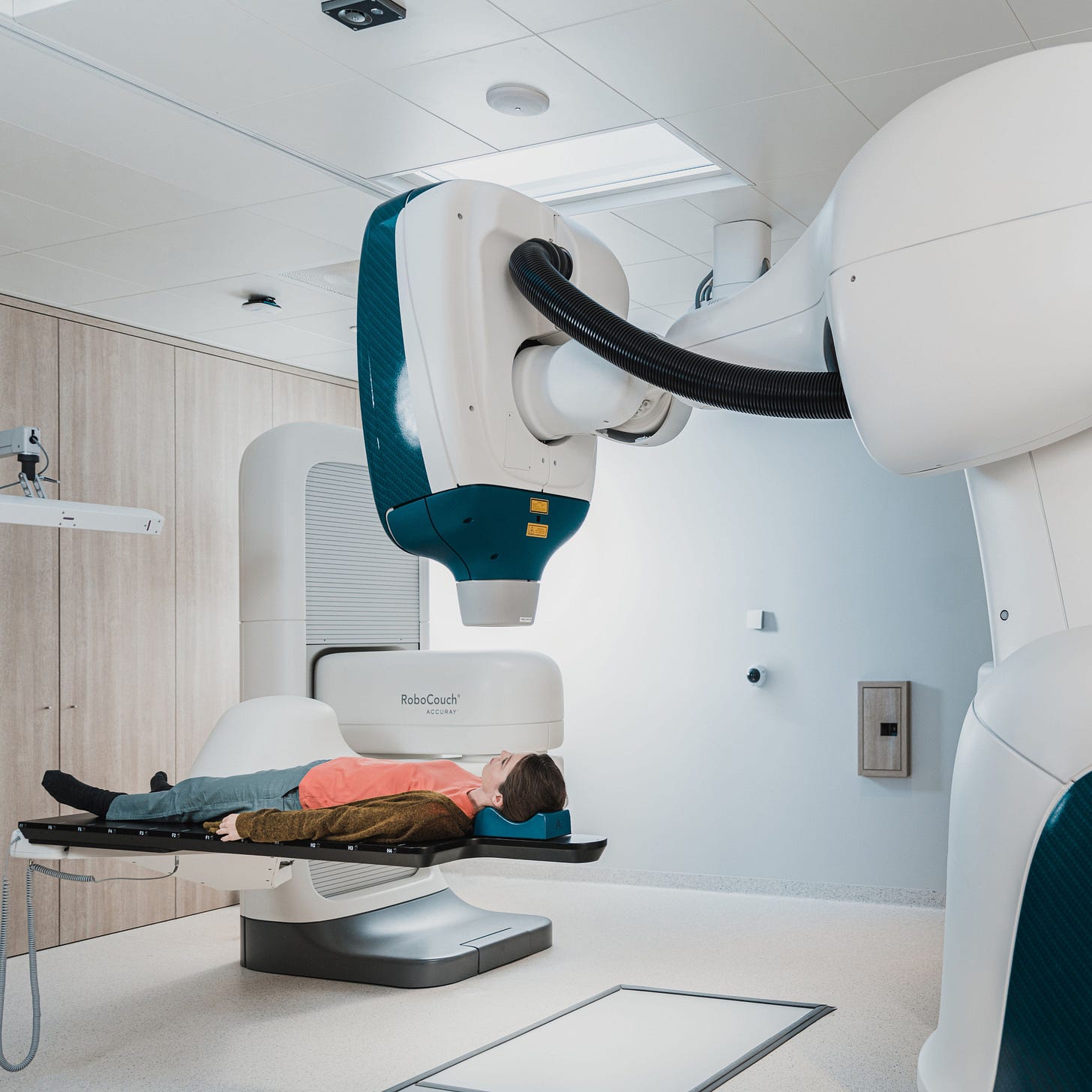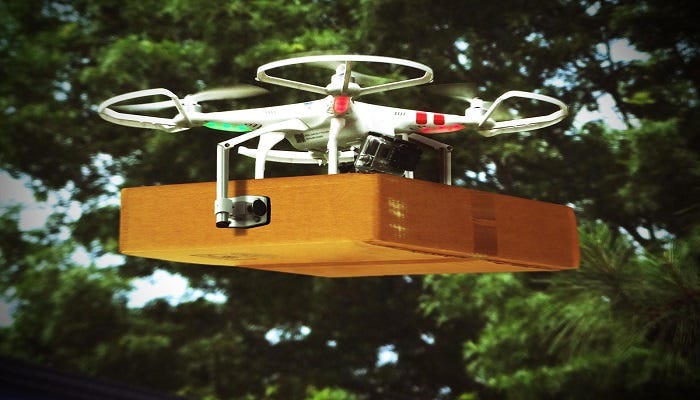AI Helps Ease Doctor Burnout, NICE (UK) Champions AI in Radiotherapy, and AIIMS New Delhi (India) Embraces the Future! 🏥
Weekly Updates on AI in Medicine! 🤖🩺🚀
“By far, the greatest danger of Artificial Intelligence is that people conclude too early that they understand it.” —Eliezer Yudkowsky
Dear Med AI Enthusiast,
Welcome to this edition of The Med AI Capsule Weekly Newsletter! ⚕️🤖💊 I'm really excited to have you with me as we dive into the fascinating world of Medical AI.
In this newsletter, I'll be your guide, taking you through the latest updates and thought-provoking ideas in the ever-changing field of artificial intelligence in healthcare.
Whether you're an interested healthcare professional, a tech enthusiast, or just curious about the future of medicine, 'The Med AI Capsule' is here to lead the way and show you the exciting possibilities and caution areas for AI in healthcare.
So, get ready for an adventure and let's explore this thrilling journey together!
In today’s capsule:
AI Helps Ease Doctor Burnout
NICE (UK) Champions AI in Radiotherapy
AIIMS New Delhi (India) Embraces the Future
Other Med AI News
Social Post of the Week
Med AI Research Opportunity
Fun Fact
Reading Time: 5 minutes
QUICK HITS/ LINKS:
Hospitals are looking at ways to leverage artificial intelligence to cut down on administrative tasks which contribute to burnout for nurses and doctors. (Scroll down for deep dive)
Nine technologies approved for carrying out external beam radiotherapy in lung, prostate and colorectal cancers. (Scroll down for deep dive)
AIIMS, New Delhi (India) is all set to embrace the future by using cutting-edge technologies like AI, drones and robotics in healthcare services. (Scroll down for deep dive)
Google's Med-PaLM AI Achieves Over 90% Clinical Accuracy in Testing, Patient Readiness Still Pending
Doctors Unprepared for AI's Medical Transformation, Urgent Need for Training and Hands-On Learning
Hospitals are using A.I. to fight doctor burnout
Baptist Health and similar hospitals are using AI to transcribe and carefully document patient interactions.
Why is it important?
This helps doctors avoid the tiring job of taking notes by hand and reduces burnout.
AI also has the potential to save money by making hospital, doctor, and insurance tasks more efficient.
Additionally, AI can make patients happier and doctors more productive. This means doctors can spend more good time with patients and have a better balance between work and life.
“Pajama time — which should be the time where you’re getting ready to wind down and go to bed. We’re usually still charting and noting and doing things that are going to enhance the life of the patient but not necessarily our own quality of life.” - Foy, a family physician at Baptist Health in Jacksonville, Florida
Caution:
Yet, as technology advances, it's essential to be aware of its drawbacks. While AI offers many benefits, it could lessen the personal touch in healthcare, make it harder to get important medical help, and even put patient privacy at risk. To find the right balance, it's crucial to use AI responsibly, with careful human supervision, to reduce these possible problems.
NICE (UK) recommends use of AI in NHS radiotherapy treatment in England
The National Institute for Health and Care Excellence (NICE) has unveiled a groundbreaking endorsement of nine AI technologies tailored for external beam radiotherapy, targeting lung, prostate, and colorectal cancers.
Why is it important?
By using AI, there is a chance to save a lot of time for radiographers, which could mean shorter waiting times for patients. This is a promising step forward.
“It’s hugely encouraging to see the first positive recommendation for AI technologies from a Nice committee, as I’ve been clear the NHS must embrace innovation to keep fit for the future. These tools have the potential to improve efficiency and save clinicians thousands of hours of time that can be spent on patient care. Smart use of tech is a key part of our NHS long-term workforce plan, and we’re establishing an expert group to work through what skills and training NHS staff may need to make best use of AI.” - Steve Barclay, Health secretary
Caution:
It's crucial to understand that AI-created outlines would be carefully examined by skilled healthcare experts. This guarantees a balanced combination of technology and human knowledge.
Even though the preliminary advice has been received positively by the health secretary and the respected Society of Radiographers, the demand for strong proof and well-thought-out funding stays firm. This solidifies the direction toward an era of significant change in radiotherapy.
AIIMS Delhi is revolutionising healthcare by embracing AI, drones and robotics
Under the visionary leadership of Hospital Director M. Srinivas, AIIMS Delhi is embarking on a pioneering journey of research and innovation by harnessing the power of AI, drones, and robotics in the realm of healthcare.
Why is it important?
The main goal is to make sure important medical supplies reach patients efficiently and on time, which will make patient care better.
“Artificial Intelligence (AI), drones and robotics are poised to revolutionise healthcare delivery in the near future. To make AIIMS New Delhi future-ready in the Amrit Kaal, it has been decided to have a special focus on research, adoption and application of AI, drones and robotics.” - Hospital Director M. Srinivas, AIIMS Delhi
Witnessing a paradigm shift, the Indian Council of Medical Research and AIIMS Rishikesh have orchestrated groundbreaking trials, propelling the deployment of drones for medical supply delivery into the spotlight. This new and exciting idea is getting more and more attention, and different Indian states are also trying it out to quickly send emergency medical help.
AIIMS Delhi is taking a brave step by combining AI, drones, and robotics in healthcare. This is a big deal and it will bring faster diagnoses, better patient care, and a future with lots of amazing possibilities.
SOCIAL POST OF THE WEEK
OPPORTUNITY BOARD
Let’s wrap it up with a historical fun fact!
One of the first AI programs was created in 1965 by Carl Djerassi. It was named DENDRAL and it automatically discovered unknown forms of medications.
Stay tuned for our upcoming editions as we explore the latest breakthroughs and dive deep into AI's transformative power, shaping a healthier future.
Warm regards,
P.S.: If you're a medical professional intrigued by artificial intelligence but not sure where to start, I've got something great for you!
Check out my CPD-accredited course on Bionabu and join our vibrant WhatsApp Community.
For personalized assistance and guidance, click HERE.









